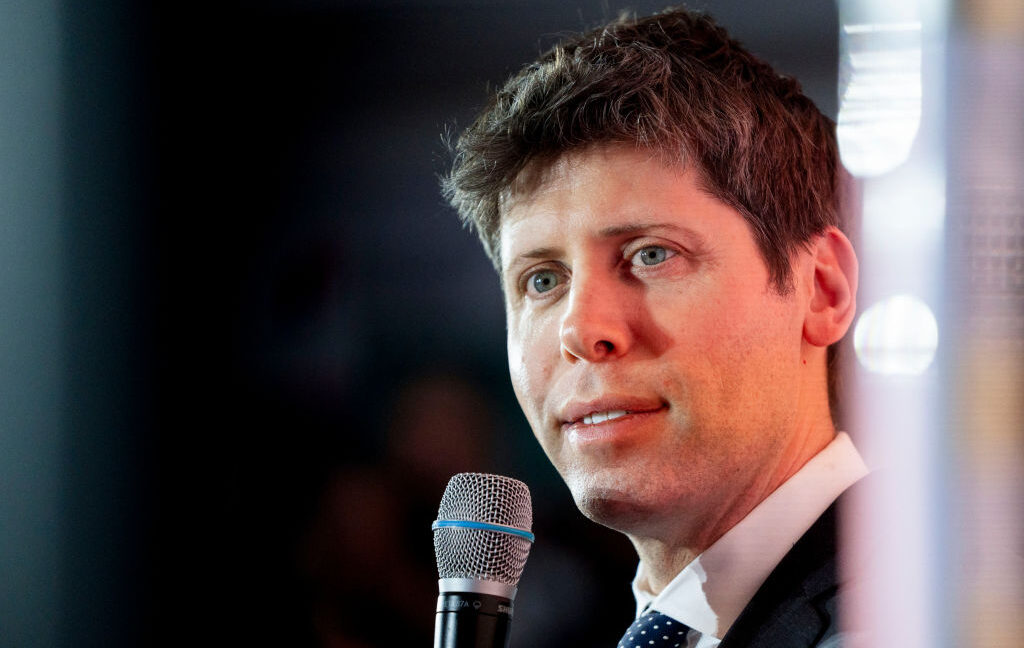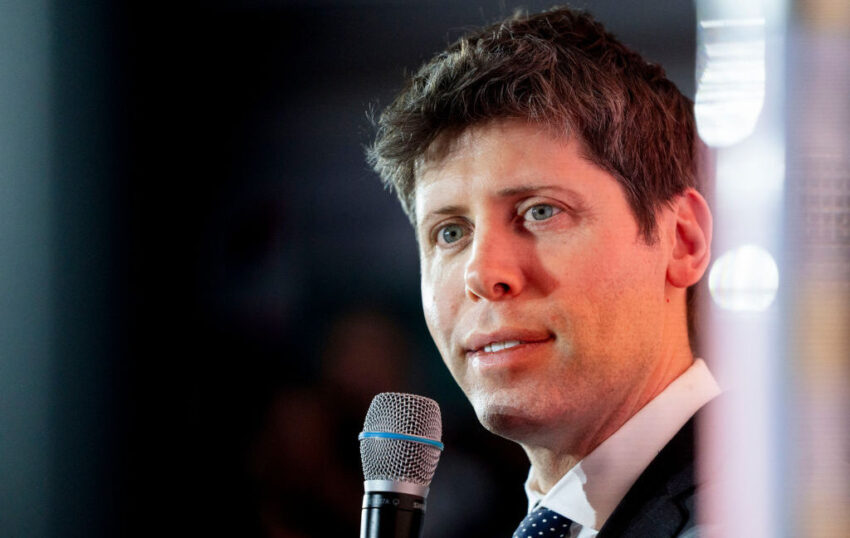
Openi is hoping that Donald Trump’s AI Action Plan, at the end of July, will announce the copyright debate by announcing the fair use of AI training – for the unprecedented access to the AI companies’ training data, which claims to defeat China in the AI race.
Currently, the courts are roaming whether AI training is proper use or not, as those with rights say that trained AI models on creative works threaten them to transform them into markets and give them the creative production of humanity as a whole.
Open is the only AI company fighting with rights holders in several dozen legal cases, arguing that AI changed copyright works that train it and alleged that AI’s results were not alternative to actual tasks.
So far, a significant decisive decision has favored people with rights, which a judge announced that AI’s training is not properly utilized, as the results of AI have clearly threatened that they will replace the Thomson-Rotters’ legal research firm, Westla, wired. Reported. But Openi now seems to be looking at Trump to avoid similar consequences in his cases, including The main case brought by the New York Times.
Openi claimed, “Open models are trained not to transmit work for consumption by public. Instead, they learn from the works and samples, linguistic structures and insights related to context.” “This means that our AI model training is associated with copyright’s basic purposes and the theory of fair use, the use of existing tasks is to create completely new and different without eliminating the commercial value of these current tasks.”
Providing “freedom focus” Recommendations During the public comment period ended on Saturday, the Open advised Thursday that the United States should change these judicial battles by changing its right to publish its right to promote the AI industry’s “freedom of learning”. Otherwise, the People’s Republic of China (PRC) will potentially continue access to copyright data that US companies cannot access, and it is believed that China will be given a leg “while the original IP will be less benefited in the protection of the creators.
